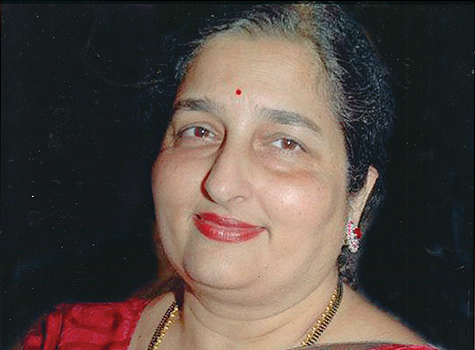
There was a time I used to believe that opening up and writing your honest feelings was the way to go. I really did. I honestly, truly thought that I could connect with people if I just made the effort to write the way I felt. It did work, and I have made some extraordinary connections through writing my ideas in Kismuth’s books, blogs, newsletters, and this column sometimes brings a new message or two my way, too.
Noelle Sterne, writing for Writer’s Digest on how to shape a column, gives some insight that I hadn’t really thought through before I started writing Kismuth and the Way I before Covid, taking a pause, and, after some years, resuming this series as Kismuth and the Way II. Sterne writes, “A quality column takes consistent effort, thought, and much rewriting,” which, yeah, I know, but — and I paraphrase here — it also gives people insight into your personal life and way of approaching the world, too; at times this could be oversharing: “Gaie Sebold’s column hilariously chronicled her daily life. But she admits, ‘I sometimes wish I’d been a teensy bit less revealing about my inadequacies as a writer and human being.’”
I really don’t want to give my opinions on everything anymore, I realize, as I’ve gotten more comfortable here, ten years will do it, based in Southeast Asia, and as such, I’ve shifted towards a different style of dialogue. It’s much quieter than what I grew up with in the West. I don’t feel like sharing so much about me, these days, and I don’t want to be anywhere near that universe of people who talk about themselves all the time. I just can’t find that to be an important goal. Why write columns, then?
There are so many ways you can slice this pie. You could talk about self-expression. You could talk about community. You could talk about leaving a recording of ideas, as a collection, even while cognizant of the fact that, maybe, quite probably, you may contradict yourself as you cross over your own old writings. This is why writing is like traveling. We go down pathways, and, through the very act of choosing to go, and actually going, how we feel will change.
Writing is fine, writing to connect was fine, and writing what might inspire people to go their own way and design their own path is better than fine, for me.
I hope these words encourage people to walk their own walk, instead of trying very hard to conform to standards that they didn’t really have a chance to choose for themselves as meaningful, relevant, or even significant. Do what moves you. That’s advice I got directly, once, from a distant musician I’d seen at a show in Winston-Salem but never met, and yet, who helped me grok this, over a simple email exchange about “art.”
We can’t just follow along the lines that someone drew for us, or we will grow bitter, later. You see it all the time. The resentments.
According to a 2020 survey called “Social Realities of Indian Americans,” conducted by researchers at the Carnegie Endowment, “Today, Indian Americans are a mosaic of recent arrivals and long-term residents. While the majority are immigrants, a rising share is born and raised in the United States. Many Indian immigrants might have brought with them identities rooted in their ancestral homeland, while others have eschewed them in favor of a nonhyphenated ‘American’ identity.” Authors Sumitra Badrinathan, Devesh Kapur, Jonathan Kay, and Milan Vaishnav go on to report, “Despite the overall professional, educational, and financial success many Indian Americans enjoy, this has not inoculated them from the forces of discrimination, polarization, and contestation over questions of belonging and identity.”
Now, I am in Cambodia, where things evolve all the time, but subtly. Walker, there is no path. Walk, and a path will appear. Gone so long, and so far, that things that used to be familiar before, simply aren’t anymore. People, places, ideologies and dogma.
You let go of all that when you keep moving around, shedding what no longer fits, along all the roads.
Kismuth and the Way, I think, is about this movement. The way we go when we’re ready to embrace what the next can teach us and let that feeling of readiness guide. It’s not for everyone, of course.
Some people really want to stay in their boxes, others are happy pretending they are.
Dipika Kohli is an author who is based in Phnom Penh. Discover her books at kismuth.com and other projects at dipikakohli.com.



